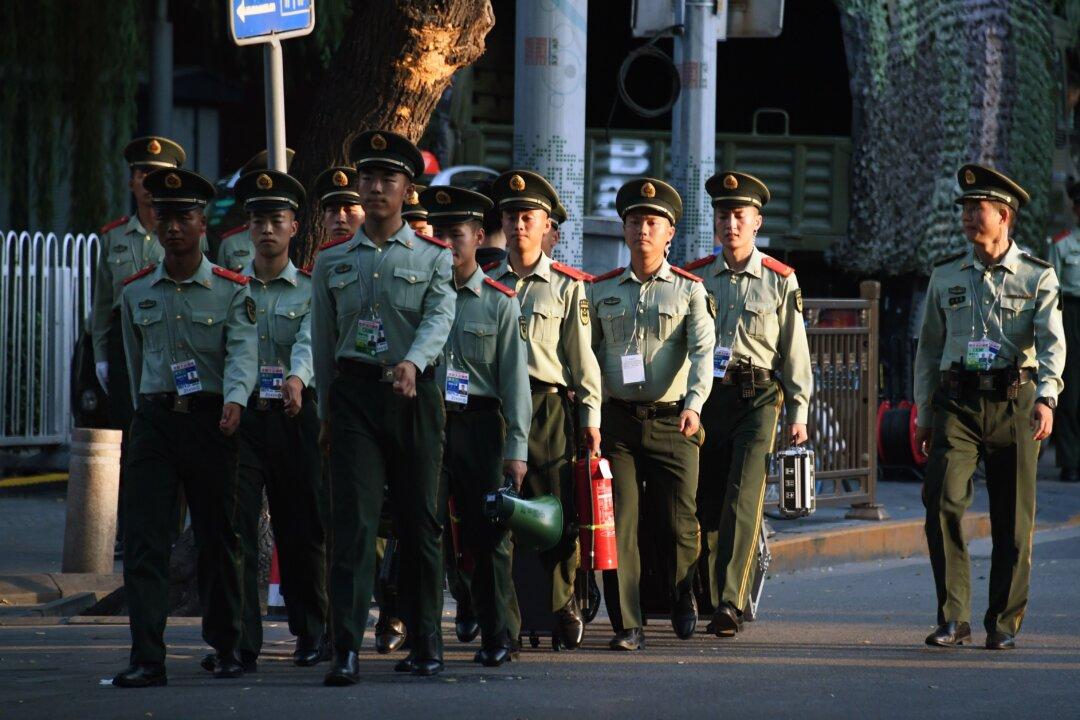As the Chinese Communist Party prepares celebrations for the 70th anniversary of its takeover of China, it has placed the capital city on lockdown to ensure that festivities proceed without a hitch.
As early as August, the Beijing government has forbidden all shops to sell knives; temporarily closed hundreds of clubs, restaurants, and bars; and strictly controlled people’s movements.





